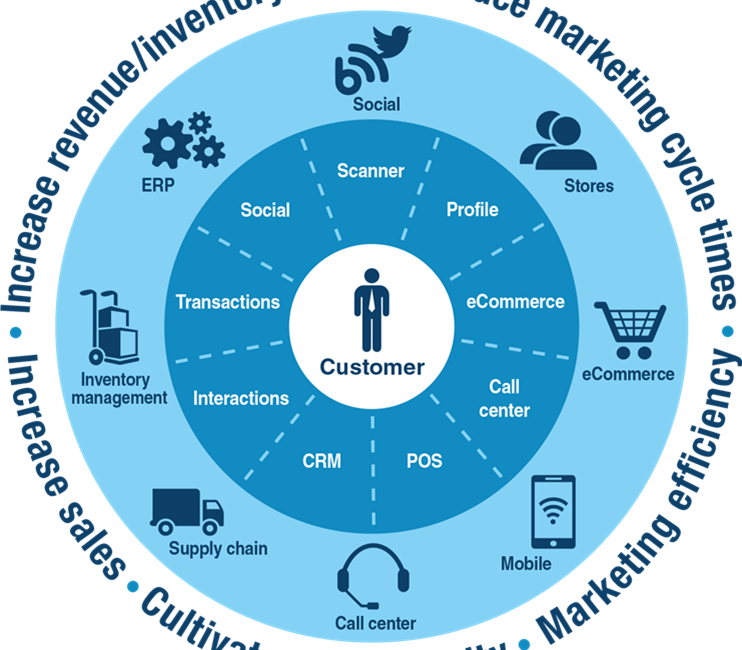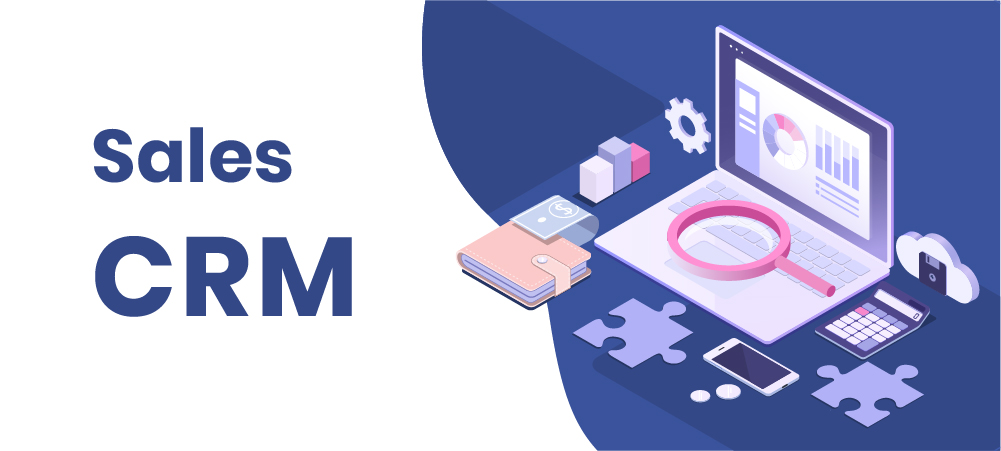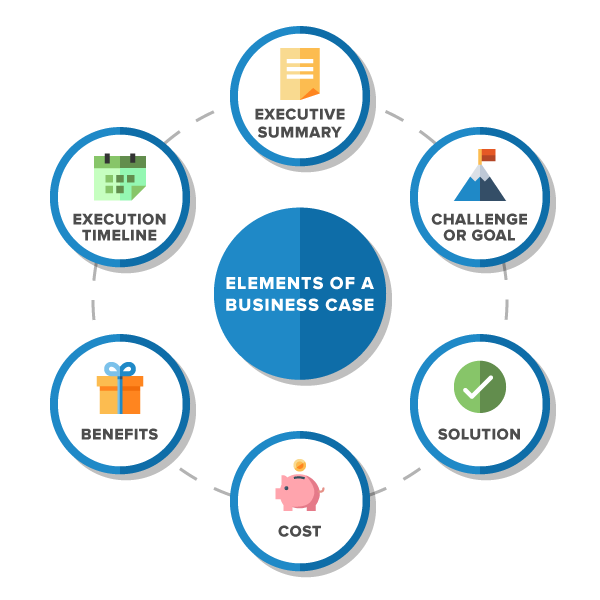A hypothetical example of a business that could benefit from a CRM system is a small online retailer that sells handmade jewelry. The business currently manages customer information through spreadsheets, which can be time-consuming and prone to errors.
By implementing a CRM system, the business can centralize customer information in one place, including contact information, purchase history, and preferences. This allows the business to provide personalized marketing messages and product recommendations, increasing customer satisfaction and loyalty.
Additionally, the CRM system can track customer interactions, such as email communications and social media engagements. This allows the business to identify opportunities for upselling and cross-selling, as well as quickly resolving any customer issues.
Furthermore, the business can use the CRM system to track sales performance and identify trends in customer behavior, allowing for more informed business decisions. This can include identifying which products are selling well and which may need to be reevaluated, as well as identifying which marketing campaigns are most effective.
Overall, implementing a CRM system can streamline customer management processes and provide valuable insights for the business, leading to improved customer satisfaction and increased sales.
This enables different departments to take advantage of a company’s CRM system including :

1. Sales :
CRM (Customer Relationship Management) software is designed to help businesses manage and improve their relationships with their customers. Sales is one of the core functions of CRM software and it can greatly benefit businesses by providing a centralized platform to track and manage their sales activities.
CRM sales modules typically include features such as lead management, opportunity tracking, sales forecasting, and reporting. With lead management, businesses can track potential customers and their interactions with the company. Opportunity tracking allows sales teams to manage their deals through the sales cycle, from initial contact to closing the deal. Sales forecasting provides insight into future revenue and helps businesses plan and allocate resources accordingly. Reporting allows businesses to analyze their sales data and make informed decisions based on that data.
By using a CRM system for sales, businesses can improve their sales processes and increase their efficiency. Sales teams can spend less time on administrative tasks such as data entry and more time on selling. The centralized platform allows for better collaboration among team members and provides visibility into each team member’s activities. Businesses can also gain valuable insights into their sales performance and use that information to improve their processes and achieve their sales goals.
In summary, a CRM system can be a valuable tool for businesses to manage their sales activities, improve their sales processes, and achieve their sales goals.

2. Marketing :
CRM (Customer Relationship Management) software is designed to help businesses manage and improve their relationships with their customers. Marketing is one of the core functions of CRM software and it can greatly benefit businesses by providing a centralized platform to manage and track their marketing activities.
CRM marketing modules typically include features such as campaign management, lead generation, email marketing, and analytics. With campaign management, businesses can plan, execute, and track the effectiveness of their marketing campaigns. Lead generation allows businesses to capture potential customers’ information and track their interactions with the company. Email marketing allows businesses to send targeted and personalized emails to their customers and prospects. Analytics provide valuable insights into the performance of marketing campaigns and help businesses make data-driven decisions.
By using a CRM system for marketing, businesses can improve their marketing processes and increase their efficiency. The centralized platform allows for better collaboration among team members and provides visibility into each team member’s activities. Businesses can also gain valuable insights into their marketing performance and use that information to refine their strategies and achieve their marketing goals.
In summary, a CRM system can be a valuable tool for businesses to manage their marketing activities, improve their marketing processes, and achieve their marketing goals.

3. Customer service :
CRM (Customer Relationship Management) software is designed to help businesses manage and improve their relationships with their customers. Customer service is one of the core functions of CRM software and it can greatly benefit businesses by providing a centralized platform to manage and track their customer interactions.
CRM customer service modules typically include features such as case management, ticketing, self-service portals, and analytics. With case management, businesses can track and manage customer issues and inquiries. Ticketing allows businesses to track and prioritize customer requests and ensure timely resolution. Self-service portals provide customers with a centralized platform to access information, submit requests, and track their own cases. Analytics provide insights into customer service performance and help businesses identify areas for improvement.
By using a CRM system for customer service, businesses can improve their customer service processes and increase their efficiency. The centralized platform allows for better collaboration among team members and provides visibility into each team member’s activities. Businesses can also gain valuable insights into their customer service performance and use that information to refine their strategies and improve customer satisfaction.
In summary, a CRM system can be a valuable tool for businesses to manage their customer service activities, improve their customer service processes, and enhance customer satisfaction.

4. Project development :
CRM (Customer Relationship Management) software can also be used for project development and management. By integrating project management functionality into a CRM system, businesses can have a centralized platform to track project progress and manage customer interactions.
CRM project development modules typically include features such as project planning, task management, resource allocation, and analytics. With project planning, businesses can define project scope, timelines, and milestones. Task management allows businesses to assign tasks and track their progress. Resource allocation enables businesses to manage team resources and ensure efficient utilization. Analytics provide insights into project performance and help businesses identify areas for improvement.
By using a CRM system for project development, businesses can improve their project management processes and increase their efficiency. The centralized platform allows for better collaboration among team members and provides visibility into each team member’s activities. Businesses can also gain valuable insights into their project performance and use that information to refine their strategies and achieve their project goals.
In summary, integrating project development functionality into a CRM system can be a valuable tool for businesses to manage their project development activities, improve their project management processes, and achieve their project goals while maintaining customer satisfaction.

5. Human resources (HR) :
CRM (Customer Relationship Management) software can also be used for human resources (HR) management. By integrating HR functionality into a CRM system, businesses can have a centralized platform to manage employee information, track performance, and monitor HR activities.
CRM HR modules typically include features such as employee data management, performance tracking, recruitment, and analytics. With employee data management, businesses can track employee information such as job title, salary, and benefits. Performance tracking allows businesses to monitor employee performance and provide feedback for improvement. Recruitment features enable businesses to track job openings, resumes, and candidate interviews. Analytics provide insights into HR performance and help businesses identify areas for improvement.
By using a CRM system for HR management, businesses can improve their HR processes and increase their efficiency. The centralized platform allows for better collaboration among HR team members and provides visibility into each team member’s activities. Businesses can also gain valuable insights into their HR performance and use that information to refine their strategies and achieve their HR goals.
In summary, integrating HR functionality into a CRM system can be a valuable tool for businesses to manage their HR activities, improve their HR processes, and achieve their HR goals while maintaining customer satisfaction.

What Benefits Does A Business Get From CRM ?
A Customer Relationship Management (CRM) system provides many benefits for businesses, including improved customer satisfaction, increased sales, and streamlined business processes.
One of the primary benefits of a CRM system is the ability to centralize customer data, including contact information, purchase history, and interactions with the business. This allows businesses to provide personalized experiences for customers, such as targeted marketing messages and product recommendations based on their preferences and purchase history. By providing personalized experiences, businesses can increase customer satisfaction and loyalty, leading to repeat business and positive word-of-mouth recommendations.
Additionally, a CRM system can help businesses streamline their sales and marketing processes. By tracking customer interactions, businesses can identify sales opportunities and tailor marketing campaigns to specific customer segments. This can help businesses increase sales and improve conversion rates.
Furthermore, a CRM system can help businesses improve their internal processes. By automating certain tasks, such as lead generation and follow-up communications, businesses can free up valuable time for employees to focus on higher-level tasks. Additionally, a CRM system can help businesses track sales performance and identify areas for improvement, allowing for more informed decision-making.
Overall, a CRM system can provide many benefits for businesses, including improved customer satisfaction, increased sales, and streamlined business processes. By centralizing customer data and providing personalized experiences, businesses can build strong relationships with their customers, leading to long-term success.

What Problem Does Create A Business Get From CRM ?
While CRM systems offer many benefits to businesses, there are also some potential challenges that can arise:
Data quality issues : CRM systems rely heavily on accurate and complete data, and if the data is inaccurate, incomplete, or outdated, it can lead to incorrect insights and decisions.
Adoption challenges : Employees may be resistant to using a new system, especially if it requires significant changes in their workflows or processes.
Integration complexities : Integrating a CRM system with existing systems and processes can be complex and time-consuming, and if not done correctly, it can cause disruptions and delays.
Cost : Implementing and maintaining a CRM system can be expensive, especially for small and medium-sized businesses.
Security risks : Storing sensitive customer data in a CRM system can create security risks if the system is not properly secured or if there is a data breach.
In summary, businesses may face challenges such as data quality issues, adoption challenges, integration complexities, cost, and security risks when implementing and maintaining a CRM system. However, these challenges can be mitigated through careful planning, proper training and support, and working with experienced CRM providers.

What Are The Solution of This Problem ?
A CRM (Customer Relationship Management) system can provide numerous benefits to a business, including:
Improved customer engagement : CRM allows businesses to maintain a comprehensive database of customer information and interactions, enabling them to better understand customer needs and preferences, and personalize communication with them.
Streamlined sales processes : CRM can automate sales processes, making it easier to manage leads, track opportunities, and close deals.
Enhanced marketing campaigns : By using customer data stored in the CRM system, businesses can segment their customer base and develop targeted marketing campaigns that are more likely to resonate with customers.
Improved customer service : CRM can help businesses provide better customer service by providing agents with access to customer data and history, enabling them to quickly resolve customer inquiries and issues.
Better collaboration and communication : CRM systems provide a centralized platform for teams to collaborate, share information, and communicate, making it easier to work together and share knowledge.
In summary, a well-implemented CRM system can improve customer engagement, streamline sales processes, enhance marketing campaigns, improve customer service, and foster better collaboration and communication within a business.

Conclusion :
In conclusion, a well-implemented CRM system can bring numerous benefits to a business, including improved customer engagement, streamlined sales processes, enhanced marketing campaigns, improved customer service, and better collaboration and communication. However, businesses must also be aware of the potential challenges that can arise, such as data quality issues, adoption challenges, integration complexities, cost, and security risks. These challenges can be mitigated through careful planning, proper training and support, and working with experienced CRM providers.
Overall, a CRM system can be a powerful tool for businesses of all sizes to manage customer relationships and drive growth. By leveraging the insights and efficiencies provided by a CRM system, businesses can better understand their customers, identify new opportunities, and create more effective marketing and sales strategies. It is important for businesses to carefully evaluate their needs and goals when selecting a CRM system, and to work closely with their providers to ensure a successful implementation and ongoing maintenance of the system. With the right approach, a CRM system can be a valuable asset for any business looking to grow and succeed in today’s competitive market.

